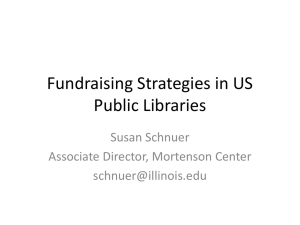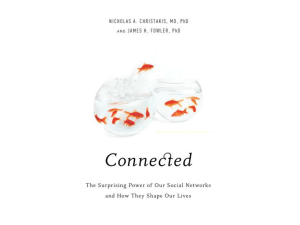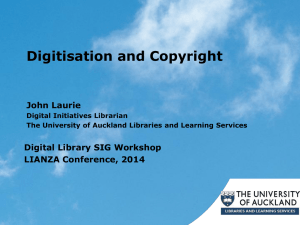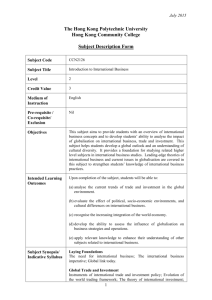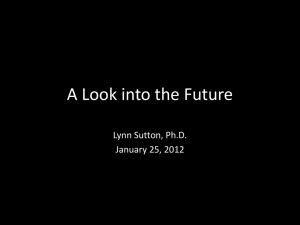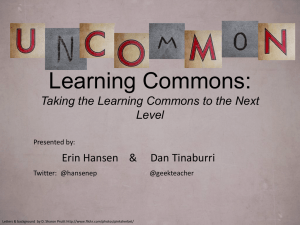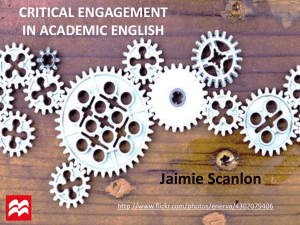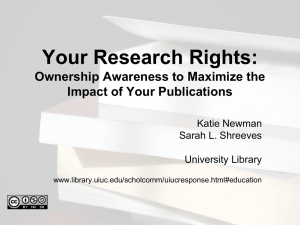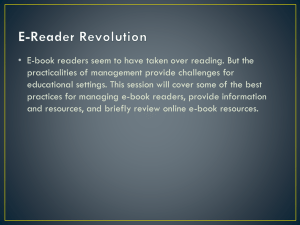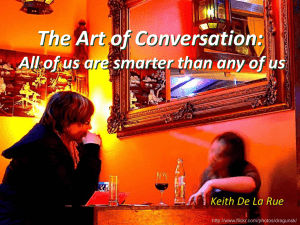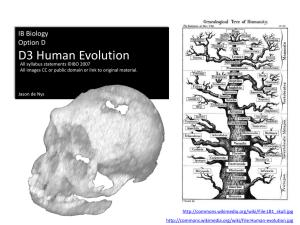File
advertisement
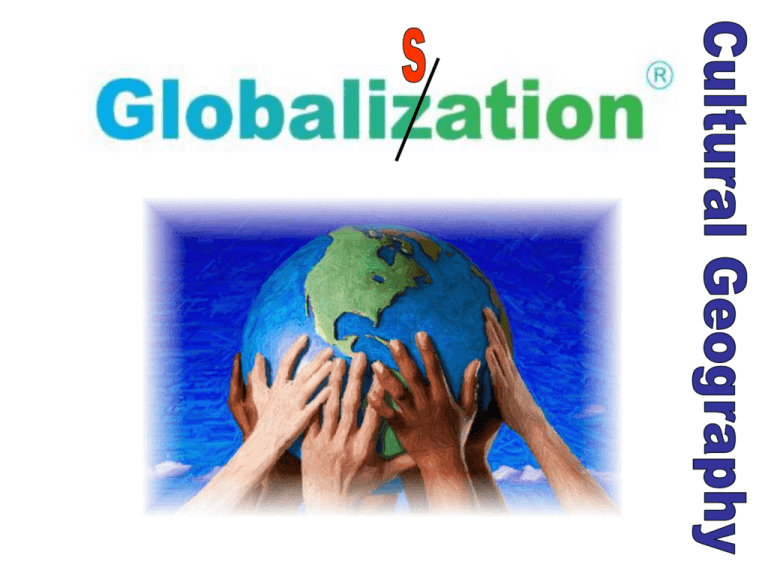
The term globalisation is contested, a general definition is… An increase in the flow of goods, services, Basically thenational World is in people, capital across borders order to create a more integrated and shrinking. interdependent world economy. Improved transport means that people and goods can be moved around the world more quickly. Distance between places hasn’t changed, but the time needed to cover those distances has. Improvement in technology, such as the internet, has meant that capital (money) can be transferred instantly between locations. People can also use telephones and the internet to communicate more easily in ‘real time’. http://www.flickr.com/photos/ldandersen/301812211/ Improvements in technology have also lead to the development of a mass media, television, radio and internet, far off places now seem much closer… we can even see them in real time. http://www.flickr.com/photos/skooal/322346446/ These factors have lead to increased interdependence between places… they also seem much closer than they did. http://www.flickr.com/photos/anjan58/1281306048/ http://www.bized.co.uk/educators/16-19/economics/international/presentation/globalisationmap.gif Some commentators have suggested that globalisation will lead to a global culture ‘The earth's inhabitants will lose their cultural diversity and one culture will be experienced by all people. ‘ A global village will develop. The rise of globalisation has also lead to the global company, the multinational, these global companies have had a huge impact on cultural trends across the world. http://www.flickr.com/photos/romanlily/1257704249 / This has lead some people not to talk of a global culture, but a brand new world. http://www.flickr.com/photos/romanlily/1257704249 / http://en.wikipedia.org/wiki/Brave_New_World The world the novel describes is a utopia, albeit an ironic one: humanity is carefree, healthy and technologically advanced. Warfare and poverty have been eliminated and everyone is permanently happy due to government-provided stimulation. The irony is that all of these things have been achieved by eliminating many things that humans consider to be central to their identity — family, culture, art, literature, science, religion, and philosophy. It is also a hedonistic society, deriving pleasure from promiscuous sex and drug use, especially the use of soma, a powerful drug taken to escape pain and bad memories through hallucinatory fantasies. Additionally, stability has been achieved and is maintained via deliberately engineered and rigidly enforced social stratification. McDonalds, India McDonalds, China Some individuals believe that globalisation is having a negative impact on cultural diversity, these are called anti-globalisationists. Worried about the impact of immoral Barbie, Islamic countries have produced their own http://www.middle-east-online.com/english/?id=15449 alternatives. Is this new global culture inclusive? Brand New World – Evidence for and Against Area Technology (T) News Media (NM) Leisure and Entertainment (LE) Consumer Products (CP) Evidence for a global culture Impact on culture Reaction •It is not a global culture, but in reality American culture. Some people have called it Cultural Imperialism. This has lead in some cases to violent reactions. •It is not inclusive, the poorest can’t afford it, despite often being the workers, nor has the process of globalisation penetrated certain locations. Global culture, people have argued, is the preserve of an educated professional elite. •It is a censored culture. National governments have chosen to filter exposure to certain aspects of culture that they feel are unsuitable or undermine their power. •It is undermines diversity. Aspects of global culture may undermine/conflict with local/national cultures, critics argue it is the movement to a standard identity. •It undermines national economies. National producers of food, music and culture, can’t compete with large multinational companies and their resources. •It lacks choice. A decreasing number of multi-nationals offering popular culture means less choice for consumers and potentially less value for money. •Culture evolves. Culture has evolved over time and the process of globalisation is just seen as a natural extension of this process. •Cultural fusion. It is not only America that has influenced global culture, Asian countries such as Japan have had a huge influence, for example computing and gaming. •People have choice. There is not international conspiracy, consumers have a choice in the culture they consume. •Greater understanding. Increasing interconnectiveness makes the process of conflict more difficult, we have more in common. There have been no global conflicts in over half a century.- Global Village- tolerance through uniformity (?). •Improved equality. Some believe that exposure to Western culture has had a positive impact on the rights of individuals, for example the role of women in certain societies. http://www.flickr.com/photos/ozdema2/1578115941


